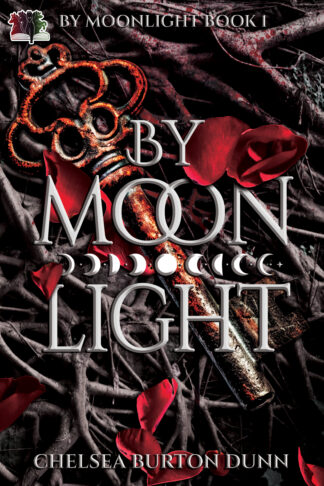
It’s time. You know it. Pour yourself a drink (whatever liquid gets you through the writing process), put on some comfortable clothes, and settle down in front of the computer. Editing is never easy, but there are some general things you can do that will make it easier the next time you finish a book. Here are some general tips to get you through this round of editing:
1. Read. Read in your genre. Read outside of your comfort zone. Read established writers with distinctive voices. Read emerging writers with astounding vision.
2. Learn the rules. You can’t effectively break the rules of grammar without knowing them (otherwise your clever fragment may just look like a mistake!). Take it slow, but take the idea of learning to wield your tools, your words, seriously. Tons of books, blogs, and videos cover the rules. Check them out! I’m a fan of the classic Eats, Shoots, & Leaves: The Zero Tolerance Approach to Punctuation by Lynn Trusse. I also recommend Woe is I: The Grammarphobe’s Guide to Better English in Plain English by Patricia T. O’Conner.
3. Read your work out loud … backward. Yes, I said backward. Start with the final sentence, find the capital letter that starts it, and read that sucker aloud all the way to the end punctuation (period, question mark, exclamation mark). Is it a complete thought? Does it make sense? Cool. Go back or up a line. Find the previous sentence and repeat the process. Reading your sentences in isolation forces you to look at them one-by-one (instead of the way you read the story). You likely won’t do this for the entire thing, but you can put a serious dent in troublesome areas this way.
3a. Live with someone? Or have a very expressive pet? Read your story out loud and watch their reaction. If their expression is confused, mark that spot to revise later. If you stumble, mark that part to revise later. You’re not narrating here (though I suppose you could if you’re supper confident in your splicing skills); you’re reading for flow and comprehension.
4. Take breaks. Editing is not a one-and-done event. It can be a marathon of late nights/early mornings and five-minute breaks from work (and lots of tea if you’re me!). It’s best accomplished in small chunks with a specific focus. If you read your work straight through looking for all of the things, you will find some of the problem stuff—but definitely not everything (not without making yourself crazy first!).
5. At some point, your manuscript is finished. Let it go. Yes, you could make it better tomorrow—but how many tomorrows are spent re-working something when you could be on to your next story? Academics say papers are never done—just due. Give yourself a deadline and stick to it. Find your “good enough” point and watch Frozen (Let it go!!!). We will never get to see it if you keep tinkering with chapter five.
6. Remember that your story is worth telling. No one can tell it like you can. No one else can do what you can. Don’t give up. We need to read your words. Get it out in the world!
Oh, you wanted ACTUAL steps on how to do this? Well, conveniently enough, I already wrote that book, and it’s a bit longer than a blog post. If you want specific step-by-step instructions on how to edit your book, check out 10 Steps to Save Your Editor’s Sanity, a helpful guide that walks you through the process of self-editing one task at a time!


